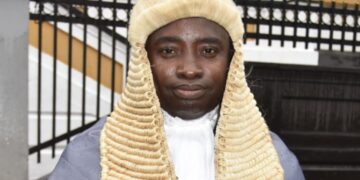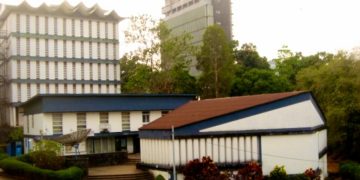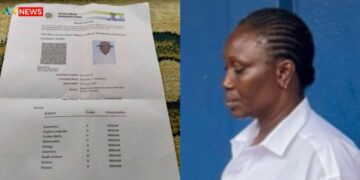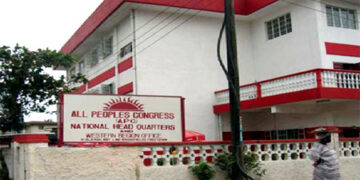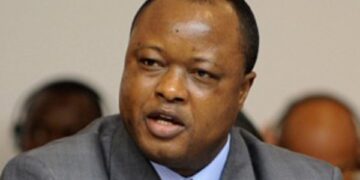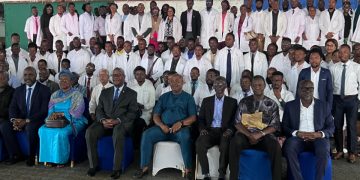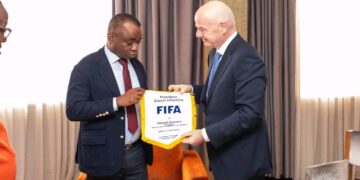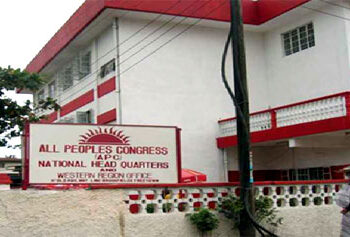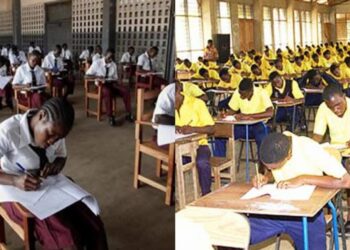The Political Parties Regulation Commission (PPRC) has ordered the All Peoples Congress (APC) to resolve the controversy surrounding the membership status of former Vice President Alhaji Samuel Sam-Sumana, following a long-standing dispute within the party.
In a ruling delivered after reviewing arguments from both sides, the Commission cited the Political Parties Act, 2022 and the APC Constitution (2022), stressing that the party failed to follow its own procedures before declaring Sam-Sumana’s membership forfeited.
APC Failed to Follow Due Process
The Commission noted that while the APC leadership argued Sam-Sumana had lost his membership after leaving to form his own party, there was no evidence that the matter was referred to the party’s Disciplinary and Grievance Handling Committee as required by its constitution.
According to the PPRC, the APC did not hold a disciplinary hearing, give Sam-Sumana a chance to defend himself, or forward the matter to the National Delegates Conference for a final decision on expulsion.
The ruling also highlighted that Sam-Sumana’s payment of dues to the Interim Transitional Governance Committee (ITGC)—the caretaker body recognized by the courts during the APC’s internal crisis—should be considered valid contributions to the party.
Directive to APC
The Commission has directed the APC to convene a properly constituted disciplinary committee to deliberate on Sam-Sumana’s status. If no lawful basis for expulsion is established, he must be reinstated immediately. Should the committee recommend expulsion, the former vice president will have the right to appeal to the National Delegates Conference, the party’s final arbiter.
Sanctions for Non-Compliance
The PPRC warned that failure to comply with its directive could lead to penalties under the Political Parties Act, including fines of not less than NLe 100,000, suspension, or even deregistration of the party.
Call for Fairness
In its conclusion, the Commission reaffirmed that disputes within political parties must be handled in line with their constitutions and the principles of fairness and natural justice.






